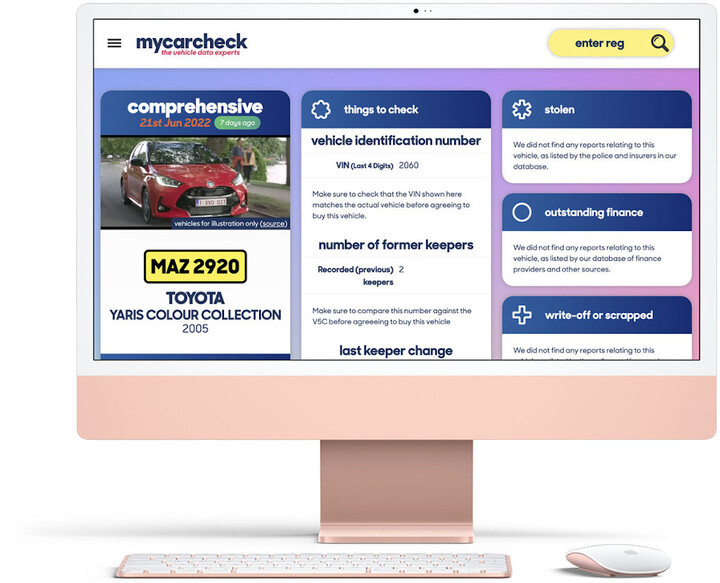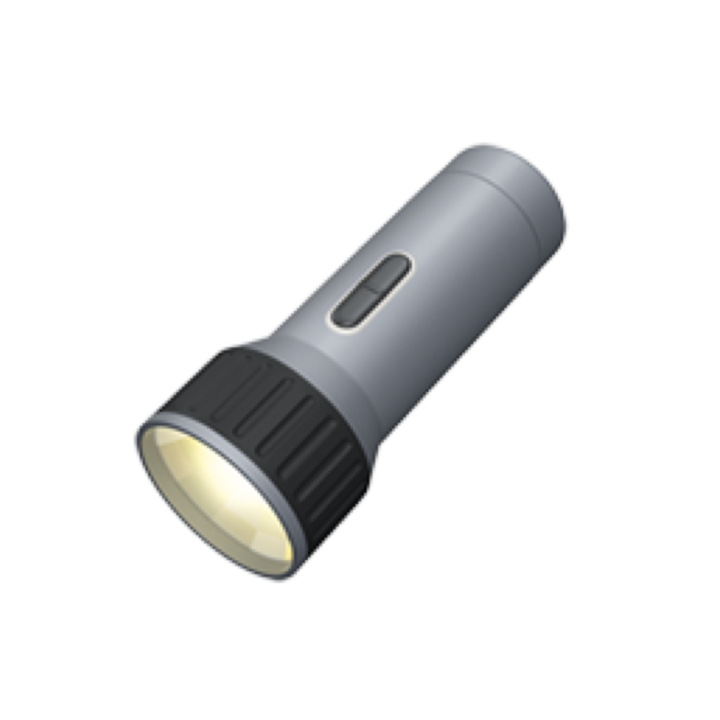
car paperwork & checks
FREE Car History Check
See MOT history, valuations, detailed specs and more… AND upgrade to see if any vehicle has been stolen, has finance or has been written off from just £4.99
The ownership of a vehicle brings with it various information and documentation. There is an increasing trend toward this being held on-line too, for ease of access and to help reduce fraudulent paperwork.
This documentation is there to determine ownership, prove the vehicle is legal and log information about a cars history. See our sections on the main documents plus how and where to source information about a cars history.
What is a V5C? And why you need it
The V5C is the document that registers a vehicle with the Driver, you should never buy one without the V5C document.
The main paper document associated with any car is the V5C, or registration certificate. It shows that the vehicle is registered with the Driver and Vehicle Licensing Agency (DVLA) and carries key information. This includes details of the vehicle itself - such as make, model, engine type/size and colour - plus the registered (and previous) keeper, including name, address and dates.
It is important to ensure it is both authentic and accurate: the V5C is a valuable document and a genuine one has intricate detailing and is watermarked to help prevent fraud.
- Don’t buy a car without a V5C.
- Don’t buy a car if its V5C looks fake or tampered-with in any way.
- Do use a history checking service such as My Car Check when buying a used car, to validate the details of the vehicle you see in front of you with its associated paperwork.
- Do contact the DVLA is you make any alterations to the vehicle
When transferring a vehicle to a new owner (whether this be a dealer, private buyer or scrap yard at the end of a car’s life) remember there are sections of the V5C document both you and the new owner must fill in and send to the DVLA to inform of the new details.
What is Road Tax? And why you need it
Car tax also known as Road Tax or Vehicle Excise Duty to give it its proper name, is an annual tax on vehicle ownership which you need before driving on the road.
Car tax - or Vehicle Excise Duty to give it its proper name - is an annual tax on vehicle ownership (rather than road use as sometimes thought). How this VED is calculated varies depending on when the car was first registered. Records of your vehicle’s tax are held on-line; a tax disc is no longer provided for displaying in a car’s window.
-
New cars registered after 31st March 2017 require an initial payment for their first year, based on fuel type and CO2 emissions (using 13 separate bands). Subsequent years are taxed using fuel-type alone (although if the vehicle’s list price is greater than £40,000, there is an additional premium for years two to five).
-
For cars registered between March 2001 and 31st March 2017, the tax rate is based on fuel type and CO2 emissions, again with 13 bands to categorise emission levels (although these are different bands to those for cars registered after 31st March 2017).
-
Cars registered prior to March 2001 are taxed based on engine size alone with a higher amount charged for vehicles whose engines are larger than 1,549cc in capacity.
While vehicles can of course still be taxed at some post offices, the quickest ways to pay are over the phone or on-line at https://www.gov.uk/vehicle-tax. You will need the 16-digit code on your reminder letter or can use the car’s V5C registration certificate, last chance letter or V5C/2 new keeper supplement (green slip) to tax a vehicle.
The vehicle will be checked for a valid MOT test certificate (if older than three years) and the site accepts various types of payment including direct debit.
The alternative to taxing your vehicle is to make a Statutory Off Road Notification (SORN). This registers its continued ownership although the car must not be parked or driven on the road until it is fully taxed again.
It is easy to check if any vehicle is taxed (and when its MOT runs out) at https://www.gov.uk/check-vehicle-tax by entering the registration plate details.
Checking the service history before buying a vehicle
One of the main benefits of buying a vehicle, which includes the service history, is the peace of mind, it shows the vehicle has been well looked after.
A car’s service history is important because it shows that the correct work has been carried out at the correct times during the vehicle’s life. This is key for both your safety (such as brake fluid changes) and for the longevity of major mechanical components (such as greasing or oil changes). And naturally, a full, demonstrable service history adds to the value and desirability of any used car.
Traditionally the service history has been held in the car’s service book, often kept alongside the instruction manual. If present, this provides a visible record of the car’s attendance at garages and will often have the vehicle’s recorded mileage at each service. The downsides are they can be forged or simply lost.
Thankfully, many main dealers (and some manufacturers) keep records of services electronically when vehicles have been serviced. One of the first places to seek information about a car’s service history is by contacting the manufacturer, supplying the Vehicle Identity Number (VIN) and checking whether they have records themselves or can direct you to the original selling dealership which may have serviced the car for the early years of its life.
Subsequent years’ garage visits can be harder to trace but some information may be available from previous owners. Their addresses can be requested from the DVLA at Vehicle Record Enquiries, Vehicle Customer Services, DVLA, Swansea SA99 1AJ. There will be a small charge and of course there is no guarantee that previous owners will still be at these addresses, nor if they still have or are willing to share information.
The other option to help build up a picture of a car’s past - and work which may have been carried out - is to look at failure items on previous MOT tests. This data is freely available via https://www.gov.uk/check-mot-history
Why you should carry out a vehicle check
One of the main benefits of a vehicle check is the peace of mind, it shows the car is safe to buy drive on the road. There are some great used cars available but there are also quite a few with a less than desirable past. But how do you know the difference? This is why the most important activity any potential buyer should perform before committing to a purchase is to run a vehicle check.
In 2016, 43% of all vehicles checked by My Car Check had at least one warning against them. Some warnings are advisory, perhaps to show a car has had a number plate transfer or that it has been imported for example. Others indicate significantly more serious issues such as the vehicle being written-off, stolen or having outstanding finance.
While some results will steer you away from a car, others could offer the buyer some leverage on price. For example, a crash-repaired car will be less valuable than a similarly undamaged model but you may still be happy to buy it if the work has been carried out properly. However a history check will also highlight insurance category A and B write-offs which are deemed unsafe ever to return to the road.
A history check will also show stolen cars, or those with outstanding finance which could be seized and returned to their rightful owners, in which case you would lose the car (and very likely the money you paid for it).
My Car Check offers one of the most comprehensive services and includes technical details about the vehicle, past MOT test results (where available) and vehicle valuation details. Everything in fact to put you in a stronger position when agreeing a price with a seller and help you make the right decision about whether or not to buy a car.
Why you should do a mileage check
It is important to do a mileage check when buying from unknown sellers because clocking is still one of the top five problems facing UK used car buyers.
Understanding the mileage pattern of a used car will tell you something about the sort of life it has had. It might provide clues that all is not right, too. While there may be good reason for an erratic annual mileage it is always worth asking the seller why. And if the current reading on the car shows less than that previously recorded, it may have been tampered with.
If there is a service history with the car, this is a good place to start. And if the car is over three years old, its mileage will have been recorded each time it has undergone an MOT test. The MOT test data is freely available at https://www.gov.uk/check-mot-history.
History checking services such as My Car Check also provide this information - where it is available - as part of the results when you request details about a particular vehicle.














